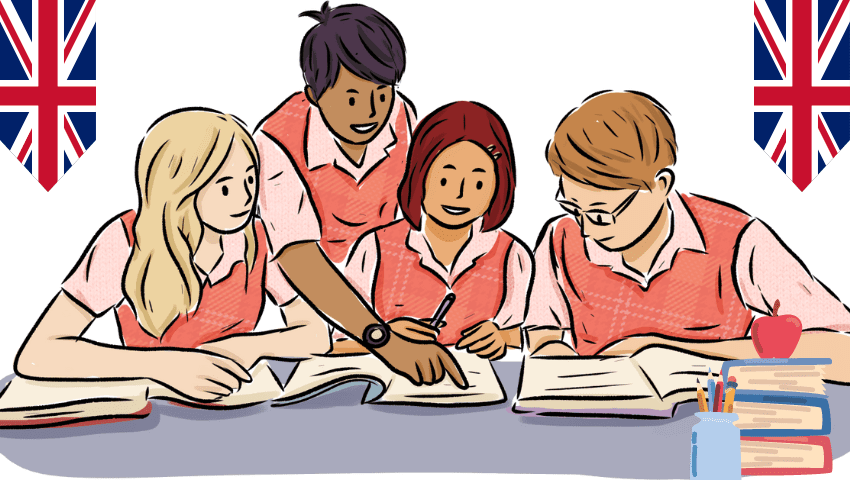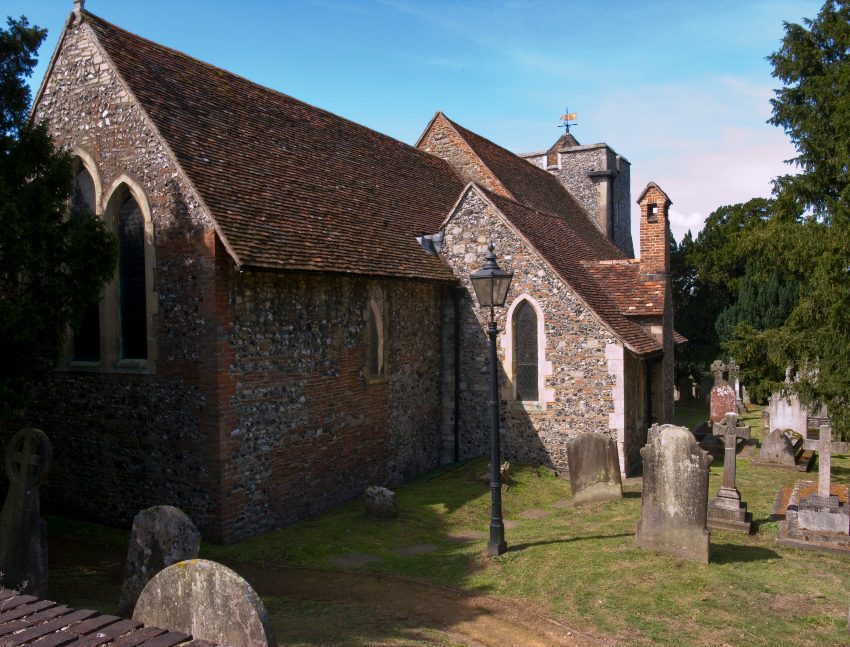The Education System in the UK…Your Full Guide 2023
The education system in the UK is famous for providing the high-quality of the education and most people are wondering about it.
The education system in the UK article this time will explain the long story of education in the UK from the start.

About The Education System in the UK
In the 21st century, the education system in the UK has continued to evolve and adapt to changing needs and circumstances. The government has introduced a number of reforms, including changes to the curriculum, the introduction of academies, and the expansion of higher education.
The history of education in the United Kingdom is long and varied, and it can be traced back to the Middle Ages, when the church played a significant role in education. During this time, education was mainly provided by monasteries, and it was largely focused on preparing boys for the clergy.

The Education System in the UK: Early Era
In the early medieval period, the system of education in the UK was largely the preserve of the church, with monasteries and cathedrals providing instruction in religious subjects and the classics. During the Middle Ages, grammar schools also began to emerge, which were designed to provide a more intensive education in Latin and classical subjects.
These institutions were also responsible for the preservation of knowledge and the transmission of learning from one generation to the next. The curriculum of these institutions was based on the seven liberal arts: grammar, rhetoric, logic, arithmetic, geometry, music, and astronomy.
During the medieval period, education in the UK was largely the preserve of the wealthy, with only a small minority of the population being able to afford the costs of education. However, the Renaissance and the Reformation brought about significant changes in the way education was viewed and provided in the UK.
The Renaissance, which began in Italy in the 14th century and spread to the rest of Europe in the 16th century, placed a greater emphasis on the study of classical texts and the arts, and this was reflected in the curriculum of grammar schools and universities in the UK.
The Reformation, which took place in the 16th century, led to the establishment of Protestant schools, which focused on the study of the Bible and religious texts.




